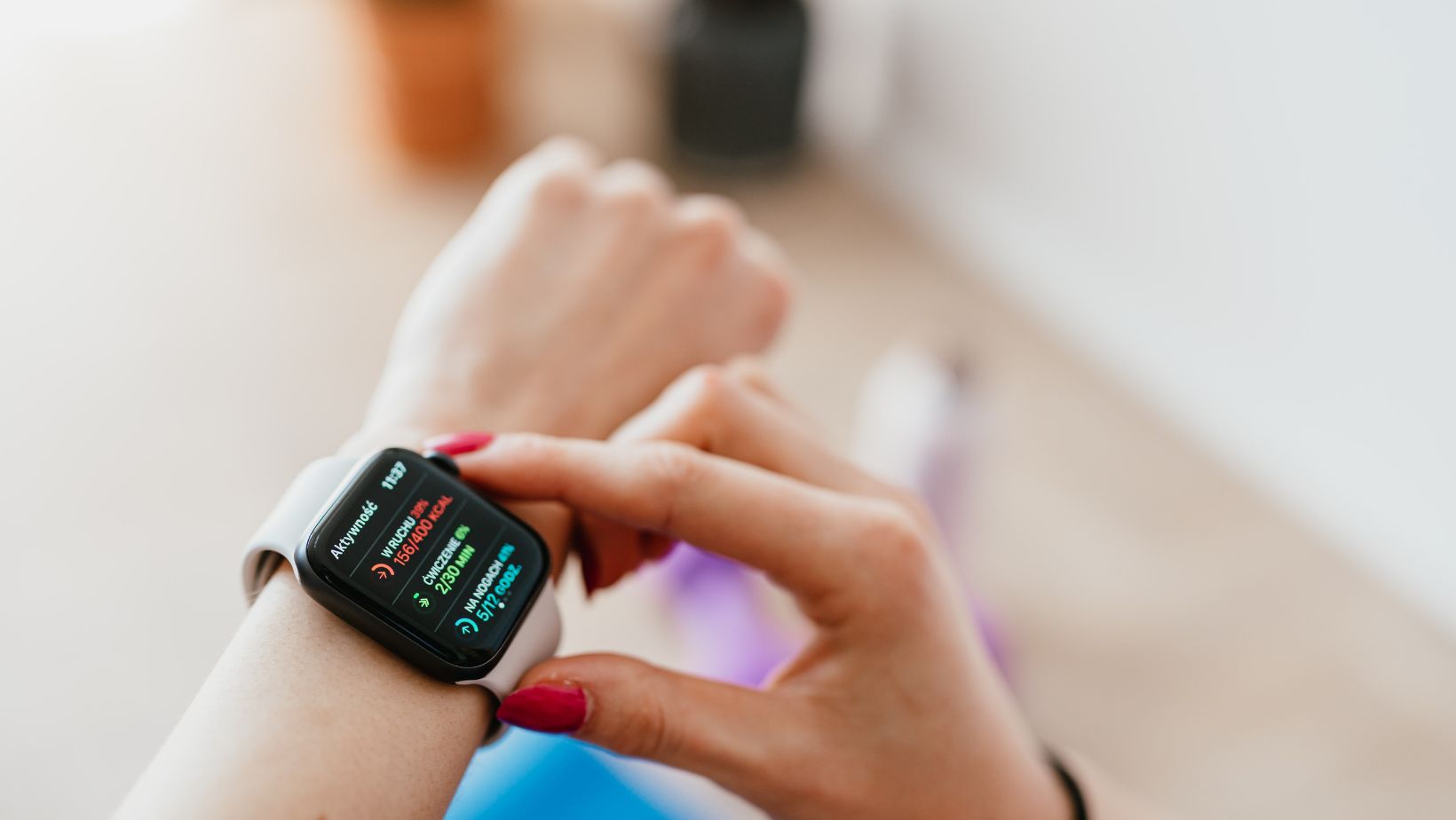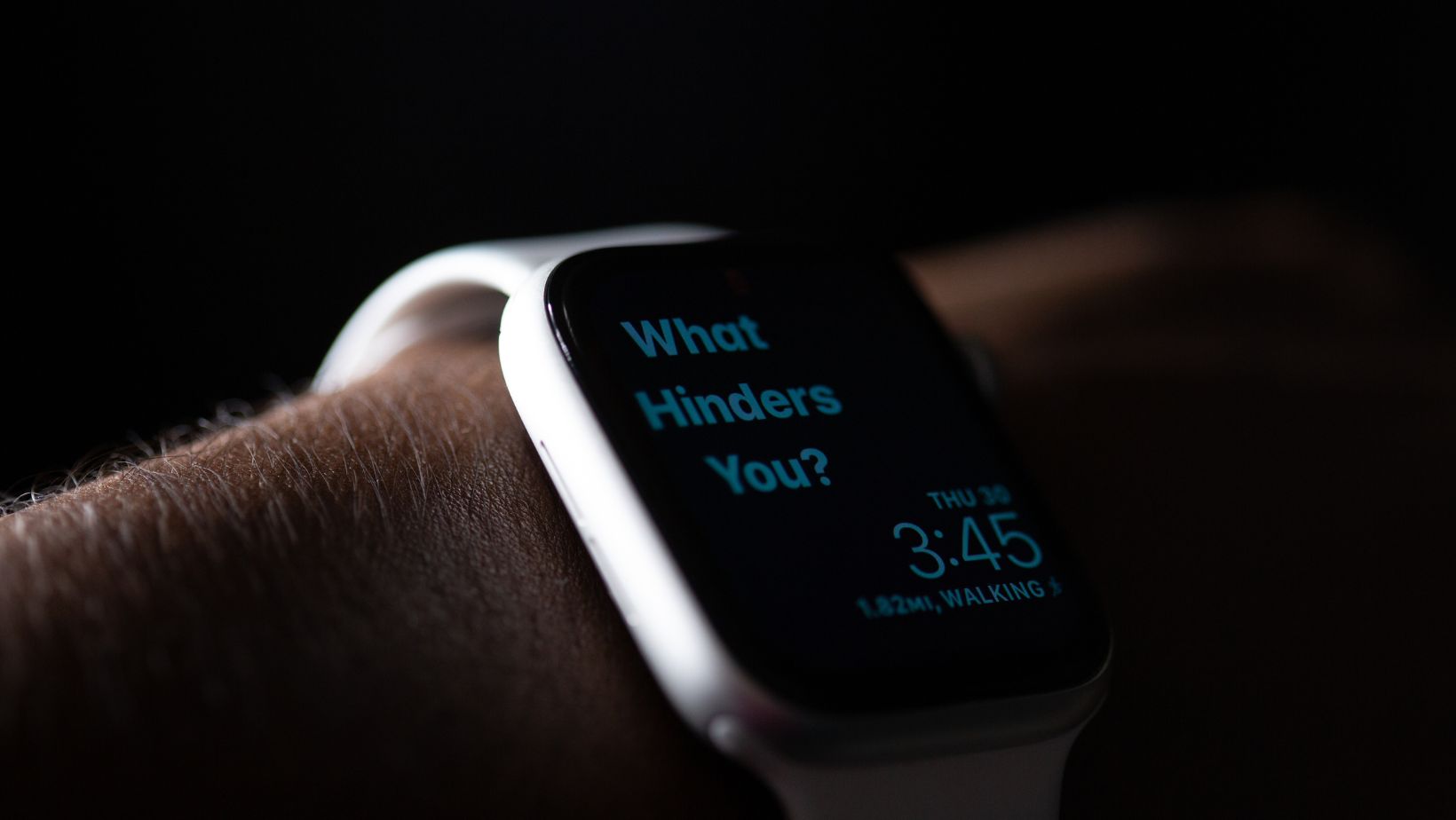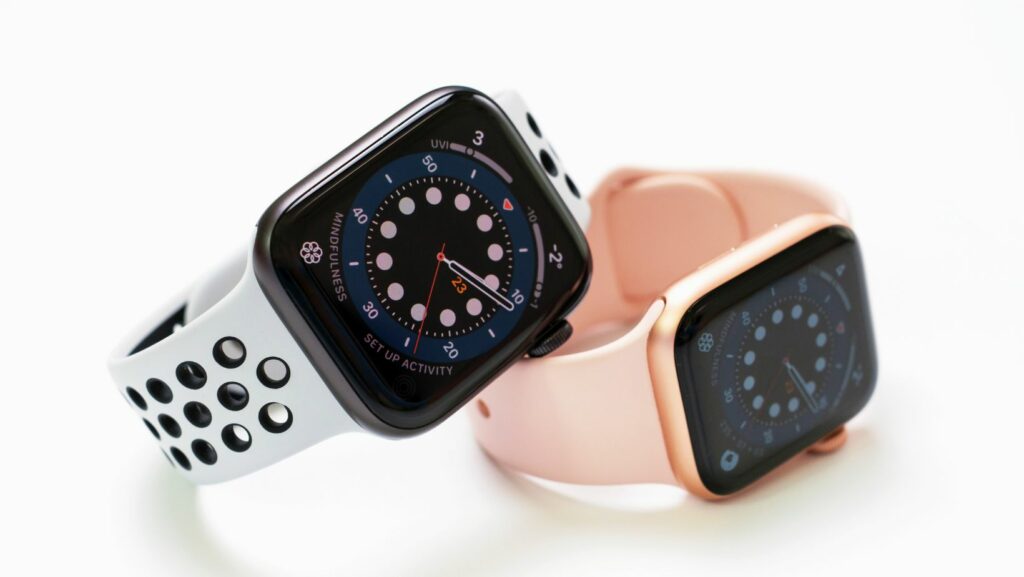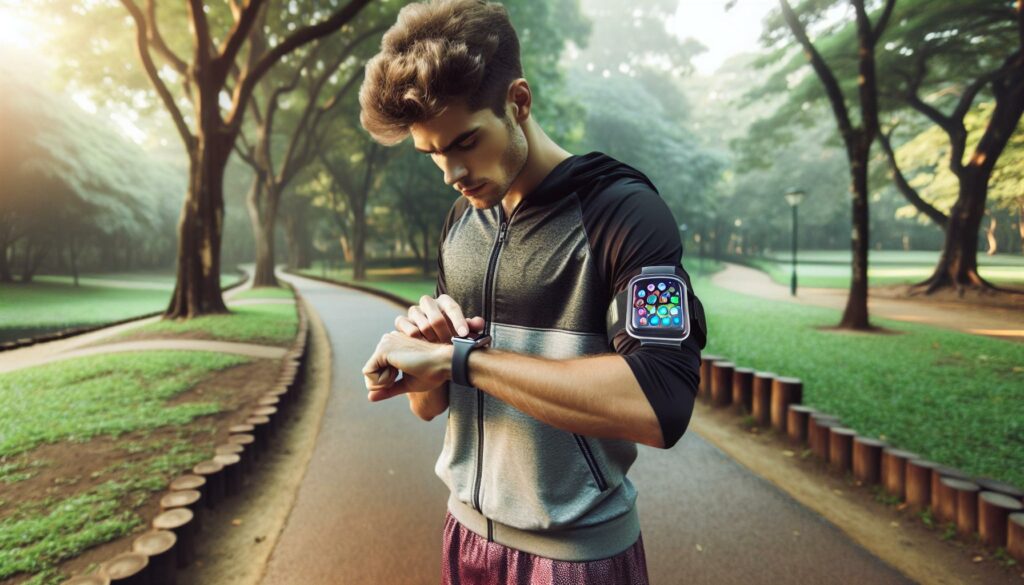In today’s fast-paced world, staying on top of our health and fitness can feel overwhelming. That’s where fitness trackers and smartwatches come in. These sleek devices not only monitor our physical activity but also keep us connected, making them essential tools for anyone looking to improve their well-being.
I’ve found that fitness trackers and smartwatches offer a unique blend of technology and motivation. They help me set goals, track my progress, and even remind me to move when I’ve been sitting too long. With so many options available, it’s exciting to explore how these gadgets can enhance our daily lives and support our fitness journeys.
Key Takeaways
- Integration of Technology and Fitness: Fitness trackers and smartwatches merge technology with health management, providing users with essential tools for tracking activity and motivation.
- Key Features: Important functionalities include activity monitoring, heart rate tracking, sleep analysis, GPS capabilities, connectivity with smartphones, and customizable goals to enhance user experience.
- Health Benefits: These devices offer comprehensive health monitoring, including heart rate, sleep patterns, and activity levels, which help users make informed decisions about their fitness and well-being.
- Popular Models: Leading devices such as Fitbit Charge 5, Apple Watch Series 8, and Garmin Fenix 7 cater to different user needs, from basic fitness tracking to advanced health monitoring and outdoor activities.
- Choosing the Right Device: When selecting a device, consider factors such as activity tracking features, health monitoring options, compatibility, battery life, design, and user interface to match personal fitness goals.
- Varied Price Ranges: Prices for fitness trackers and smartwatches vary widely, allowing users to find quality devices within their budget that meet their fitness and health monitoring needs.
Fitness Trackers and Smartwatches Are Examples Of
Fitness trackers and smartwatches play vital roles in managing health and physical activity. These devices merge technology with fitness, providing essential tools for personal well-being and daily motivation.
Historical Development
Fitness trackers originated in the early 2000s, focusing on step counting and calorie tracking. In 2009, the introduction of devices like the Fitbit revolutionized personal health monitoring by integrating wireless technology for data syncing. Smartwatches emerged shortly after, with the first Apple Watch released in 2015, enhancing connectivity through notifications, apps, and more advanced health metrics. Today, both categories are rapidly evolving, incorporating features like heart rate monitoring, GPS tracking, and sleep analysis.
Key Features
Fitness trackers and smartwatches share essential features that enhance user experience:
- Activity Monitoring: They track steps, distance, and calories burned, offering insights into daily activity levels.
- Heart Rate Tracking: Continuous heart rate monitoring helps gauge fitness intensity and overall cardiovascular health.
- Sleep Tracking: Analysis of sleep patterns assists users in improving sleep quality and duration.
- Connectivity: Integration with smartphones allows users to receive calls, messages, and notifications directly on their device.
- GPS Functionality: Built-in GPS benefits outdoor activities, providing accurate distance and route tracking.
- Customizable Goals: Users can set personal fitness objectives, receiving reminders and progress updates.
- Water Resistance: Many models offer water resistance for use during swimming or in rainy conditions.
These features make fitness trackers and smartwatches valuable companions in fitness journeys.
Benefits of Fitness Trackers and Smartwatches
 Fitness trackers and smartwatches offer numerous advantages, enhancing health management and fitness routines. Their ability to monitor various health metrics and provide real-time feedback encourages users to maintain an active lifestyle.
Fitness trackers and smartwatches offer numerous advantages, enhancing health management and fitness routines. Their ability to monitor various health metrics and provide real-time feedback encourages users to maintain an active lifestyle.
Health Monitoring
Health monitoring features in fitness trackers and smartwatches provide valuable insights. Heart rate monitors track pulse rates during aerobic activities and rest periods. Sleep tracking analyzes sleep patterns, helping users improve sleep quality. Some devices also measure blood oxygen levels and stress levels, offering a comprehensive view of overall well-being. This data helps me identify health trends and adjust habits to promote better health outcomes.
Activity Tracking
Activity tracking capabilities help users set and achieve fitness goals. Step counters provide daily step counts, motivating users to reach milestones, such as 10,000 steps per day. Many devices offer workout tracking for various activities, like running, cycling, or swimming. This detailed tracking improves my awareness of activity levels and gives me a clearer picture of my progress. Additionally, notifications and reminders encourage movement throughout the day, reducing sedentary behavior.
Popular Models of Fitness Trackers and Smartwatches
Fitness trackers and smartwatches come in various models, each offering unique features and functionalities. The following outlines some of the most popular options in the market.
Fitness Trackers
- Fitbit Charge 5
Fitbit Charge 5 boasts built-in GPS, heart rate monitoring, and advanced sleep tracking. This model also includes stress management features and daily readiness scores, making it a top choice for activity enthusiasts. - Garmin Vivosmart 4
Garmin Vivosmart 4 focuses on health tracking with stress and energy monitoring capabilities. Its slim design and impressive battery life appeal to users seeking a lightweight option for daily use. - Xiaomi Mi Band 6
Xiaomi Mi Band 6 offers exceptional value with its range of fitness tracking features. This affordable tracker includes heart rate monitoring, sleep analysis, and a vibrant AMOLED display. - Polar Ignite 2
Polar Ignite 2 emphasizes fitness and recovery, featuring built-in GPS, personalized training guidance, and sleep insights. This tracker also supports various sport profiles, catering to diverse fitness activities.
- Apple Watch Series 8
Apple Watch Series 8 combines fitness tracking with advanced smartwatch functionalities. Its ECG app, blood oxygen monitoring, and seamless integration with iOS devices make it a popular choice among Apple users. - Samsung Galaxy Watch 5
Samsung Galaxy Watch 5 features comprehensive health tracking, including body composition analysis. Its vibrant display and long battery life enhance usability for day-to-day activities. - Garmin Fenix 7
Garmin Fenix 7 targets outdoor enthusiasts with its rugged design and multi-sport tracking capabilities. Features like GPS, altimeter, and topographic maps empower users during adventures. - Fitbit Versa 4
Fitbit Versa 4 serves as a versatile smartwatch, offering fitness tracking alongside smartwatch features like notifications and music control. Its focus on wellness makes it suitable for those balancing fitness with daily life.
Choosing the Right Device

Selecting the right fitness tracker or smartwatch involves evaluating several important factors. Understanding these elements ensures the chosen device aligns with personal health and fitness goals.
Factors to Consider
- Activity Tracking: Determine which activities the device tracks, such as running, cycling, or swimming. Ensure it meets your specific fitness needs.
- Health Monitoring: Look for features like heart rate monitoring, sleep tracking, and blood oxygen levels. These insights help gauge overall well-being.
- Compatibility: Check if the device works with your smartphone’s operating system. A compatible device enhances notification management and app synchronization.
- Battery Life: Assess battery longevity. Some devices require daily charging, while others last several days, impacting usability during various activities.
- Design and Comfort: Consider the device’s size and style. A comfortable design encourages consistent wear, aiding in goal tracking and motivation.
- Customization Options: Explore customization features, such as interchangeable straps and customizable watch faces. Personalization allows for individual expression.
- User Interface: Evaluate how user-friendly the interface is. A simple, intuitive interface allows effortless navigation and access to tracking features.
Price Range
Price varies significantly among fitness trackers and smartwatches.
| Device Model | Price Range |
|---|---|
| Fitbit Charge 5 | $150 – $180 |
| Garmin Vivosmart 4 | $100 – $130 |
| Xiaomi Mi Band 6 | $40 – $60 |
| Polar Ignite 2 | $300 – $350 |
| Apple Watch Series 8 | $400 – $800 |
| Samsung Galaxy Watch 5 | $280 – $330 |
| Garmin Fenix 7 | $700 – $900 |
| Fitbit Versa 4 | $230 – $250 |
Understanding the price range helps identify a device that fits budget constraints while offering necessary features. Users can find quality options across different price points that cater to various needs and preferences.
Fitness Trackers and Smartwatches
Fitness trackers and smartwatches have truly transformed how I approach my health and fitness. These devices serve as my personal assistants encouraging me to stay active and engaged with my well-being. With their advanced features they not only track my workouts but also provide insights into my overall health.
Choosing the right device has made a significant difference in my fitness journey. Whether I’m setting goals or monitoring my sleep patterns these gadgets have become indispensable tools in my daily routine. As technology continues to evolve I’m excited to see how these innovations will further enhance our ability to lead healthier lives.



